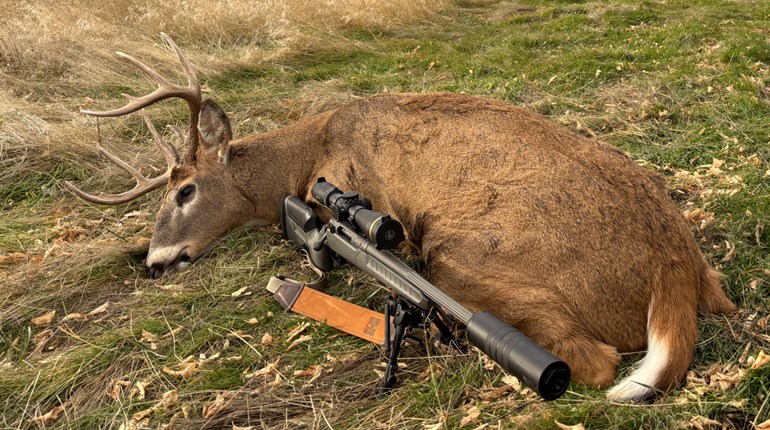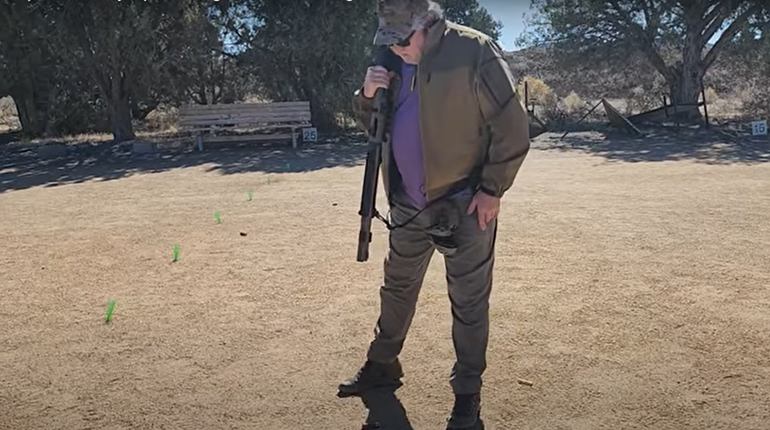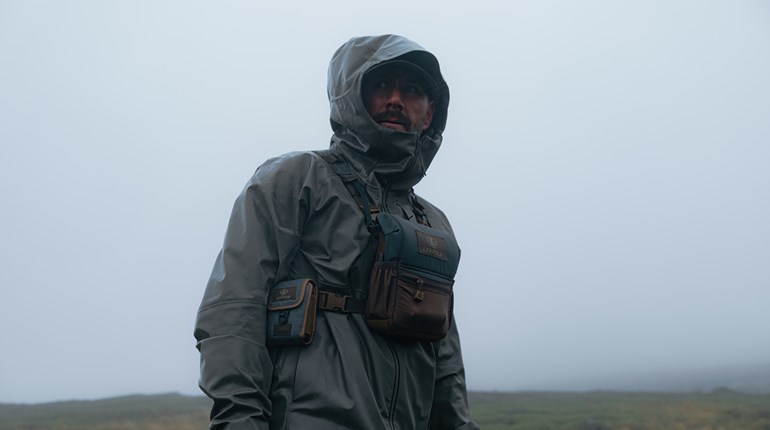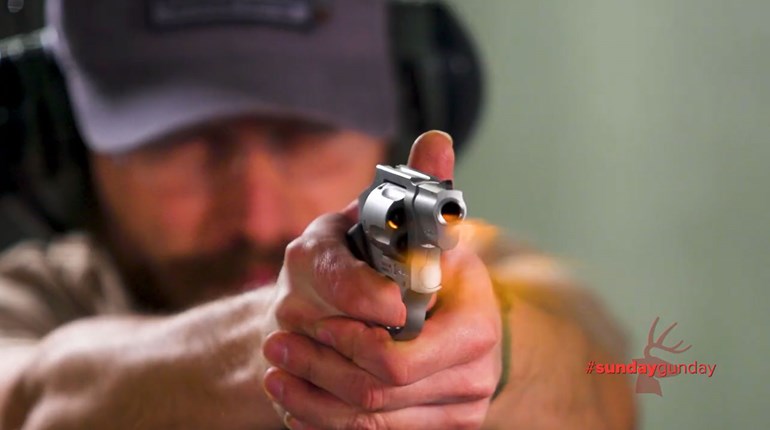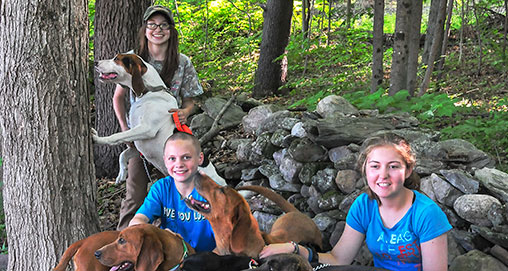
If you’re a hunting Millennial like me, you probably love the sport and see all the benefits that come with it (if you don’t, then catch up to the times). And if that’s the case, you have very few people you can talk to about the hobby, seeing as our generation isn’t the most hunting-friendly group to try and spark a conversation with. But without expanding our horizons, we will see the collapse of hunting altogether. That means, whether we want to or not, we need to rid the average hipster/hipstress of their disillusionment of hunting, because ignorance definitely isn’t bliss, especially when it comes to hunting. But how do we begin the talk, let alone help others walk the walk? Greek philosophy can actually lend a hand here (never thought I’d use this after college, yet, here I am) in persuading your average non-hunting friend to switch sides. With these three ideas, you might not strike out, and hopefully you’ll be surprised how soon someone will become a lifelong hunting—or at the very least, shooting—buddy. The best way to do this? Start with the basics, which means…
Stick to the Facts (Pathos)
With the election of Donald Trump, the same people shouting, “Not my president!” are probably the same people you’re trying to educate (hopefully they’re not that far gone). They function and thrive on emotion, meaning they consider others as they want to be considered. That’s not necessarily a bad viewpoint to hold, but they apply it to animals as well as people, which is where they get caught up. To counter this, I’ve found one of the most tactful ways to present the argument is in the humanity and ethics of hunting, as that’s where their own arguments against hunting typically stem from. And believe you me, hunting is a far more humane death than being struck by a car, for example. Another common mistake people make is to personify animals; they attribute human emotions and motivations to them. How to counter that? In nature, animals hunt and kill one another as a matter of course.
Discussing Fears (Logos)
Once they are past arguing the humane and ethical side of hunting, the individual in question is probably still going to be a bit hesitant about the concept of hunting, which is completely understandable. They want to be ethical (kudos to them), and therefore forgo the experience to minimize risk, which, to their credit, isn’t necessarily a bad move on their part. Since they’re not opposed, there’s no reason to appeal to their emotions. Here’s where logic comes in. The fact is, botching a shot is a huge concern to regular hunters, as well, not just the new hunters among us. However, when put in perspective, if they do their part, there’s nothing to be afraid of. I’ve only taken broadside shots on game, and using that principle, I’ve had only good luck. Granted, that means I’ve passed on a few shots, but I’d rather be safe than sorry, and so would they. But if these precautions are taken, there’s nothing to fear, especially considering the vast amount of modern tech that has been implemented in the field and has almost become a standard, like most rifles having the capability to shoot sub-MOA (much, much better than minute-of-deer) with factory ammo. Prove this by offering to…
Take Them to the Range (Ethos)
After you’ve either talked them into hunting, or convinced them to at least give shooting a shot, the final step is to build their confidence, and make them feel like they can be ethical when presented with an animal out in the field. It also gives you a chance to quell other potential fears they might have as a new shooter, such as recoil, scope bite or the need for a follow-up shot (sometimes necessary, but proper shot placement should alleviate that problem). Always review and encourage fundamentals of gun safety and shooting skills (breathe, grip, etc.). After they’ve got the basics down and see that they can hit a target at the range in which they would feel comfortable shooting an animal in the vitals, they’ll be more than ready to go on a hunt.













